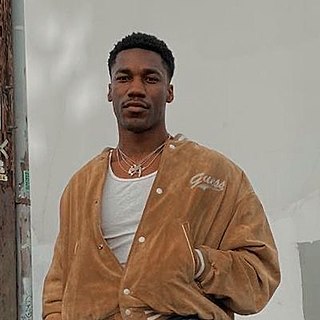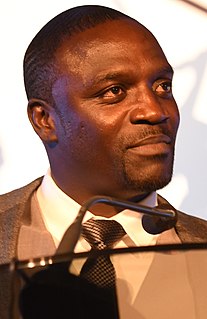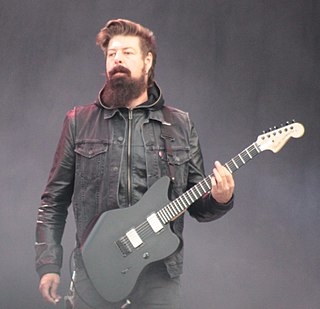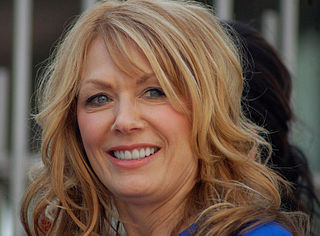A Quote by Giveon
I think if you go back to the '60s and '70s, that music felt newer, you were hearing stories told for the first time.
Related Quotes
In the first batch of readers, back in the '60s and '70s, the criminal class was still literate, so I would get letters from people in prison; they thought that I was somebody whom they could shop-talk with, and they would tell me very funny stories. I got a lot of those. Guys who were going to wind up doing 10 to 15 for bank robbery, yes, were reading my books.
When I was a kid, a lot of my parents' friends were in the music business. In the late '60s and early '70s - all the way through the '70s, actually - a lot of the bands that were around had kids at a very young age. So they were all working on that concept way early on. And I figured if they can do it, I could do it, too.
I think I entered the market around the time when there was getting to be less snobbery about the difference between feature films and television. I think there's been a lot more receptivity on television to interesting adult stories that in the '60s and '70s would have been made into feature films. I have no problem jumping back and forth. If anything, I find it less restrictive working in television.



































